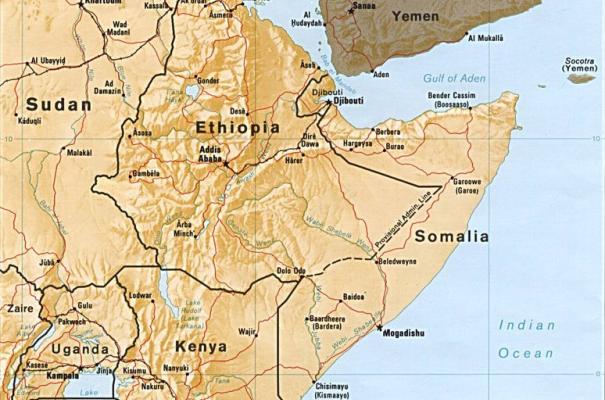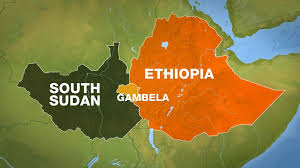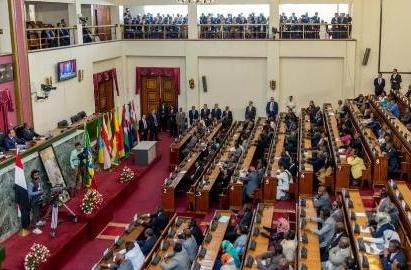Morocco asks to rejoin African Union after 32 years
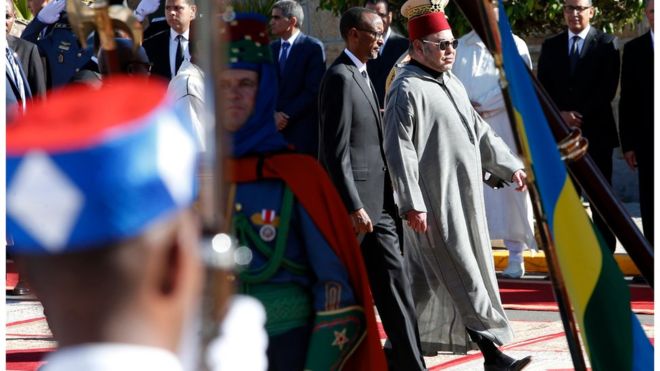 Morocco has formally announced its wish to rejoin the African Union, 32 years after leaving the organisation.
Morocco has formally announced its wish to rejoin the African Union, 32 years after leaving the organisation.
In a message to the AU summit in Rwanda, the Moroccan King Mohammed VI said the time had come for his country to retake its place within its institutional family.
Morocco left the AU in 1984, after the organisation recognised the independence of Western Sahara.
Moroccans describe Western Sahara as their country's "southern provinces".
For more than three decades, Morocco has refused to be part of the organisation.
In March, it threatened to pull its soldiers out of UN global peacekeeping missions because of the dispute.
Now, the Moroccan authorities seem to have concluded their absence hasn't helped them diplomatically over Western Sahara and many other issues, says the BBC's Africa Reporter James Copnall.
They sent a special envoy to lobby African leaders at their summit in the Rwandan capital Kigali this weekend.
The AU has said that it will continue pushing for the rights of the people of Western Sahara to hold a self-determination referendum.
Morocco is the only African country which is not an AU member.
How did we get here? 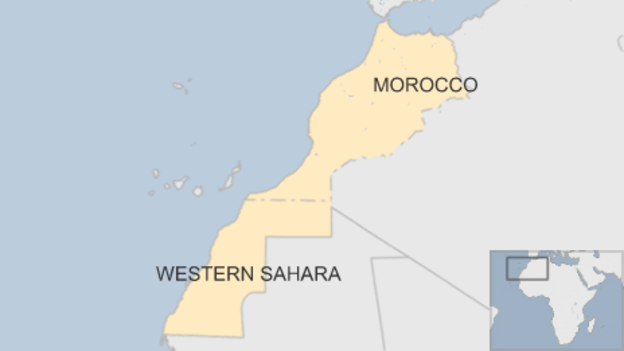
- 1975-76: Morocco annexes two-thirds of Western Sahara after colonial power Spain withdraws.
- 1975-76: Polisario Front declares the Saharan Arab Democratic Republic (SADR), with a government-in-exile in Algeria. Thousands of Sahrawi refugees flee to western Algeria to set up camps.
- 1984: Morocco leaves the Organisation of African Unity (which later became the African Union) in protest at the SADR's admission to the body.
- 1991: UN-monitored ceasefire begins in Western Sahara, but the territory's status remains undecided and ceasefire violations are reported. The following decade sees much wrangling over a proposed referendum on the future of the territory but the deadlock is not broken.
- March 2016: Morocco threatens to pull its soldiers out of UN global peacekeeping missions in Western Sahara, after UN Secretary-General Ban Ki-moon uses the term "occupation" when referring to the territory.
- May 2016: Long-time Polisario Front leader Mohamed Abdelaziz dies aged 68
source BBC
Read more »

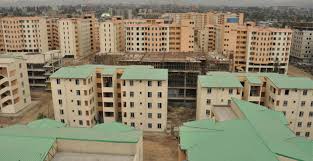 Lottery draw is going to be held by the end of the current month to handover about 40,000 condominium houses which are built in Ethiopia’s capital, Addis Ababa.
Lottery draw is going to be held by the end of the current month to handover about 40,000 condominium houses which are built in Ethiopia’s capital, Addis Ababa.